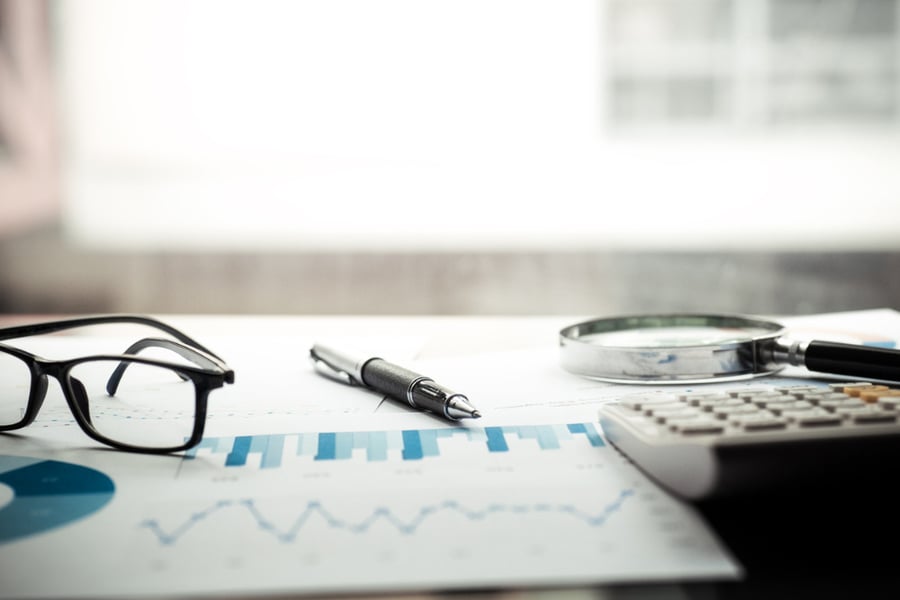A new KPMG report shows impaired asset expenses rose by over 700%

New Zealand saw its bank profits slide by just over 20% for the quarter ended March 2020 according to a new report from KPMG, bringing in $229.6 million compared to the previous quarter’s $895.6 million.
The profit drop was driven by a substantial increase in impaired asset expenses, which skyrocketed by 731% to $659.2 million. Operating expenses also rose by $129.2 million, aggravated by the ongoing uncertainty surrounding the COVID-19 pandemic.
Nonetheless, head of banking and finance John Kensington says New Zealand has been “fortunate” to enter the crisis in a relatively stable position, and this has allowed the banking sector to absorb the shock without severe consequences.
Read more: ASB shuts down nine branches, puts 25 more on reduced hours
“New Zealand is fortunate for two reasons; that comparatively the New Zealand banking sector was in a strong position going into this crisis and that the Government, Treasury, Reserve Bank of New Zealand (RBNZ) and the sector as a whole are all working together to guide the country through the ongoing disruption,” Kensington commented.
“The visible impact of the COVID-19 pandemic has only just started to be seen on the sector result, and there is no doubt there will be further challenges to come.”
Despite the downturn, KPMG’s report showed that lending remained strong in the quarter ending March 2020, though it inevitably nosedived in April as a result of lockdown restrictions. However, May’s results have already shown some bounce-back with only a 30% drop compared to March 2020, and a 34% drop compared to May 2019.
Read more: Bank profits drop by a third, CEO predicts defaults
When it comes to the future Kensington says things are still looking very uncertain, and New Zealanders should not expect a straightforward, linear recovery.
“What no one can say with certainty is the form of the recovery - will it be a V, a W, or some other shape?” he explained.
“So many unknown factors impact the answer here, will there be a second wave, when will local and global borders reopen and how much is dependent on a vaccine and when can we expect one?
“What is clear is that this is uncertain, and the new normal is causing people to reassess how they act across all aspects of their lives (personal, business, social etc.) and there will inevitably be a ‘reset’ of all the ways we interact.”



